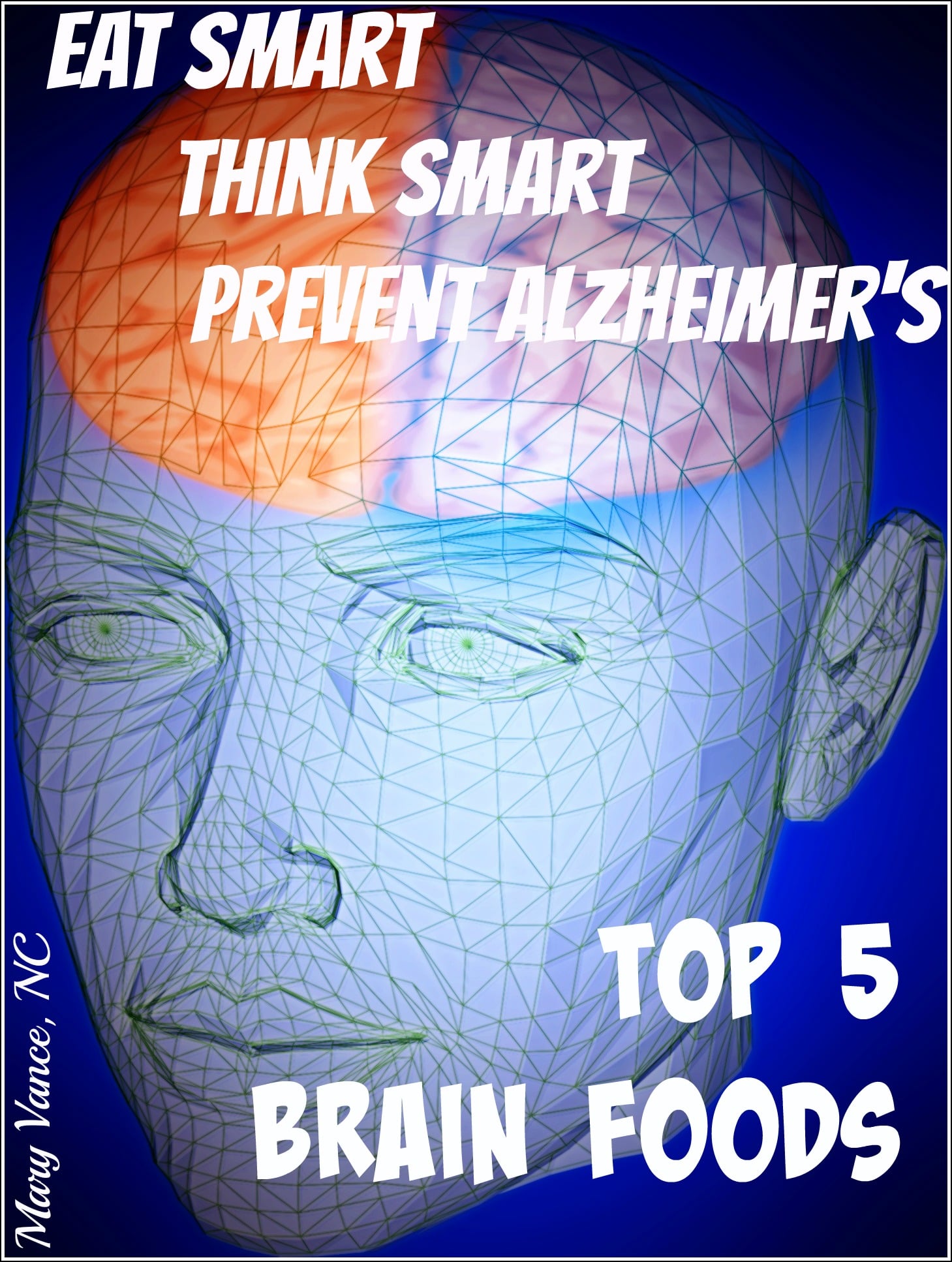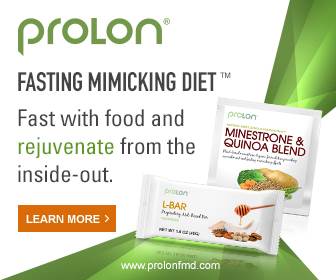5.3 million Americans are living with Alzheimer’s disease, and more than 16 million Americans will have the disease by 2050. One-third of Americans over age 85 (some statistics say as many as a HALF) are afflicted with the illness. (source)
Alzheimer’s has been referred to as type 3 diabetes. People with diabetes and even pre-diabetes are at increased risk of developing dementia and Alzheimer’s. The reason? Overconsuming SUGAR. Too much sugar, too many refined carbs, and a deficit of healing foods and good fats cause inflammation in the brain and body.
Alzheimer’s is characterized by the buildup of beta-amyloid, a protein that accumulates in the brains of those affected. Like cardiovascular disease and clogged arteries, sugar, refined carbs, and damaged fats contribute to plaque formation in the brain. The good news is that dementia and cognitive decline can be reversed by controlling sugar and insulin levels, reducing inflammation, and feeding your brain. (Read how to lower blood sugar and insulin levels naturally here)
Even if you have a genetic disposition to dementia or Alzheimer’s, we know that we are not a slave to our genes. You can absolutely override your genetics with diet and healthy lifestyle.
Foods to Avoid for Brain Health and Alzheimer’s Prevention
- Refined sugars, corn syrup, too much fructose
- Hydrogenated and partially hydrogenated fats
- Refined vegetable oils
- Refined carbs (white bread, white flour, processed foods)
- Dairy
- Excessive alcohol
- Conventionally raised protein (feedlot beef, chicken, eggs. All high in inflammatory omega 6 fats)
- Canned tuna (high in mercury that damaged neuronal tissue)
Top 5 Foods for Brain Health
Follow a diet rich in plant foods replete with leafy greens that deliver oxygenating chlorophyll to your cells. Add in booster foods like spirulina and moringa. Make half your plate veggies of all kinds, and add organic animal protein and healthy sources of fats like coconut oil, butter, and olive oil. Animal protein provides the most bio-available nutrients and amino acids your brain needs. Don’t forget your gut, as we know the health of the gut is linked to the health of the brain. Include fermented foods daily for beneficial probiotics. My fave besides raw kraut is a shot of this coconut water kefir.
1)Blueberries are my most favorite fruit for all the benefits they provide. Blueberries slow cognitive decline and improve brain health. Research shows that blueberries can actually slow the progression of age-related degenerative diseases and improve learning, memory and motor skills. (source) Eat ’em daily, up to 3/4 cup in smoothies or as a snack. They have positive benefits for blood pressure, too!
2)Omega 3 rich foods such as sardines, salmon, walnuts, and chia seeds combat inflammation and are one of the most important foods for brain health and overall mood. Omega 3s are called essential fatty acids because they body cannot make them. You must get them from your food. Approximately 8 percent of the brain’s weight is comprised of omega-3 fatty acids—the building block for an estimated 100 billion neurons (source). Omega 3s build brain cell membranes, reduce brain inflammation, and promote new brain cell formation. They also benefit cardio health. While a high quality fish oil is a great idea, don’t rely solely on supplements. Get some form of omega 3 daily.
3) Coconut oil has amazing health benefits, as we know. It improves thyroid function and insulin resistance and improves HDL cholesterol. Now there are studies and emerging research proving coconut oil is useful for treating Alzheimer’s. The brain is mostly saturated fat, and the medium chain triglycerides coconut oil provides seem offer an excellent fuel source to brain and body. We know coconut oil is useful for epilepsy treatment also! It’s an all-around brain boosting food. Coconut oil is saturated which means it’s more stable to cook with at higher temperatures where poly- and mono-unsaturated fats break down.
4) Dark chocolate is of course one of my favorite superfoods. Compounds in dark chocolate boost memory, attention span, reaction time, and problem-solving skills by increasing blood flow to the brain (source). Dark chocolate also provides free radical protection, and the flavanols improve cognition in seniors diagnosed with mild cognitive impairment. But not just any ole chocolate. Get the highest cacao content you can find for the best benefit. None of that sugar-filled milk chocolate. Aim for 70 percent or higher. I recommend and love this one. Bonus: it is soy free! You can also make your own (with coconut oil, bonus brain booster!) and save money.
5) Is there anything turmeric can’t do? A proven anti-inflammatory, turmeric may slow Alzheimer’s progression by actually removing plaque buildup in the brain (source). For accuracy’s sake, curcumin is the constituent in turmeric that possesses the benefits and should be the form one uses for therapeutic benefit. I recommend this curcumin supplement.
Supplements to Improve Brain Health
- Fish oil
- B complex
- Vitamin D
- Probiotic to improve gut health
- Curcumin
- I love this supplement that contains brain revitalilzing and supportive nutrients and herbs such as L-carnitine and phospholipids.
Conclusion
You can support brain health by getting the nutrients your brain needs to thrive. Get plenty of antioxidant-rich and anti-inflammatory fruits & veggies and lots of omega 3 fatty acids. Think Mediterranean diet filled with veggies, legumes (good fiber for your gut), olive oil, nuts, fish, and berries. Most importantly, do not over consume sugar, fried foods, and fast foods.
The brain uses the most energy of any organ in your body, so make sure you’re eating enough of the right nutrients to properly fuel it.

Mary Vance is a Certified Nutrition Consultant and author specializing in digestive health. She combines a science-based approach with natural therapies to rebalance the body. In addition to her 1:1 coaching, she offers courses to help you heal your gut and improve your health. Mary lives in San Francisco and Lake Tahoe in Northern California. Read more about her coaching practice here and her background here.







Thanks for this great article!
its good to know which foods is good for our brain health and which one isn’t. thus we know how we can maintain our health in good fit. 🙂
Wow – Suprised to see canned Tuna on your list – thought that was OK, but I guess it’s time to eliminate it from my life!
I’m loving the list of foods that we should be consuming, however – blueberries, dark chocolate, coconut oil, leafy greens – hmmm, how about adding a little coconut water into the equation, and turning those ingredients into a super brain food smoothie!?
The healthier you eat, the healthier you want to keep eating – its a wonderful cycle.
Thank you, Mary for this informative post!
I also agree that salmon, walnuts, chia seeds, and sardines are great sources of Omega-3. For men (because it’s more common in men) with gout, they should probably reduce or skip their consumption of sardines altogether.
I’m a big fan of Salmon and wild caught, if available, is the preferred option (even at a higher price).
I’d like to also add that coffee is also packed with antioxidants and recent studies suggest habitual intake, for older women (interestingly), helps maintain cognitive function and slowing the onset of certain neurodegenerative diseases. 🙂
Thank you for your comment! Yes, coffee has been shown to decrease cancers and be neuro-protective. However, 50% of the population cannot metabolize caffeine properly, and in these folks, coffee may do more harm than good. I write more about that here: https://www.maryvancenc.com/drank-coffee-every-day-7-days-happened/
wow, I eat 3 cans of Tuna a day for it was a healthy snack packed full of protein, now you’ve got me worried. I love turmeric and put it on everything, tastes great added to scrambled eggs!
I would definitely recommend rethinking the 3 cans of tuna daily. Perhaps switch to wild smoked salmon, canned wild salmon, a tin of oysters, and/or a tin of sardines?
Great list, Mary thank you for this. definitely healthy lifestyle mostly depends on our proper diet and nutrition. I catch your point when you write- the reason? too much sugar! that’s very true. We are having sugar too much every day even most of us don’t care..and Joycelyn Shih points a topic that coffee can be nuro-protective for older woman. yes..but when drinking coffee right way I think as coffee addicts are absorbing too much sugar with it and too much caffeine is harmful but yes caffeine we need! but drinking coffee right way.
Wow, That’s great post. I love the post, specially this powerful quote, “EAT SMART, THINK SMART, PREVENT ALZHEIMER’S” Thank you very much Mary.
I have a friend with dementia that is getting worse & I’m trying to help him. This post was helpful & I’ll be looking for more like it. Thank you so much.